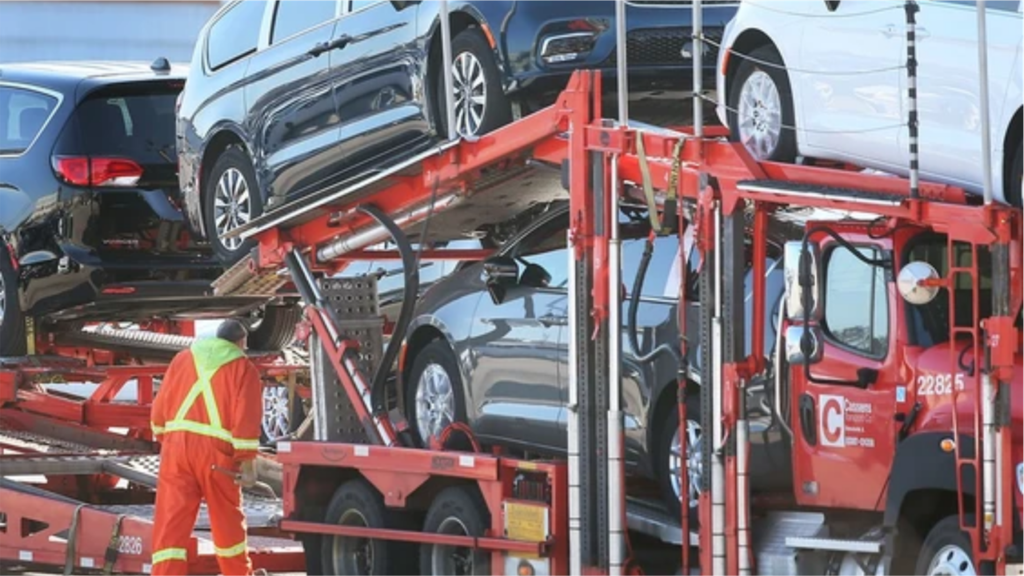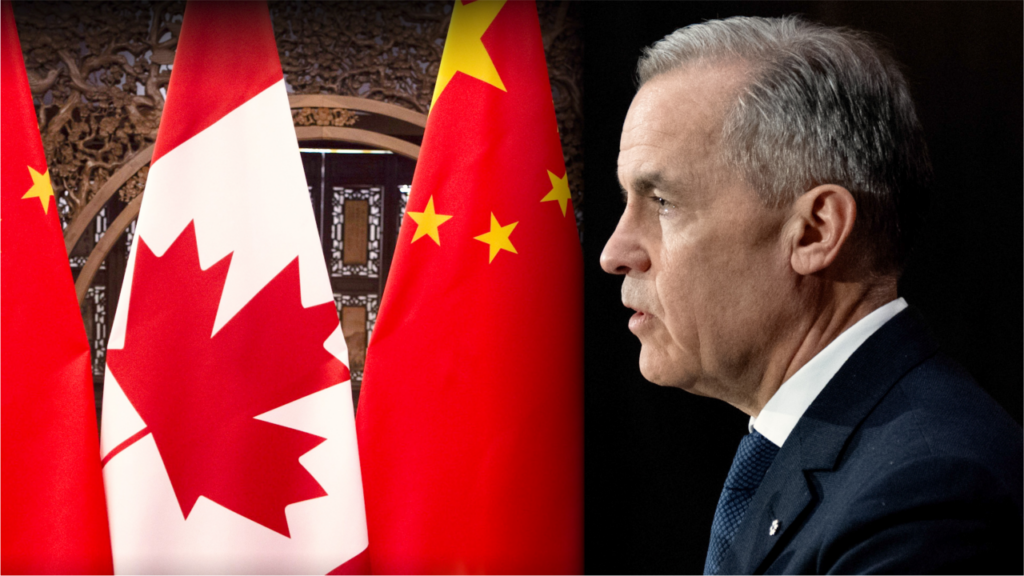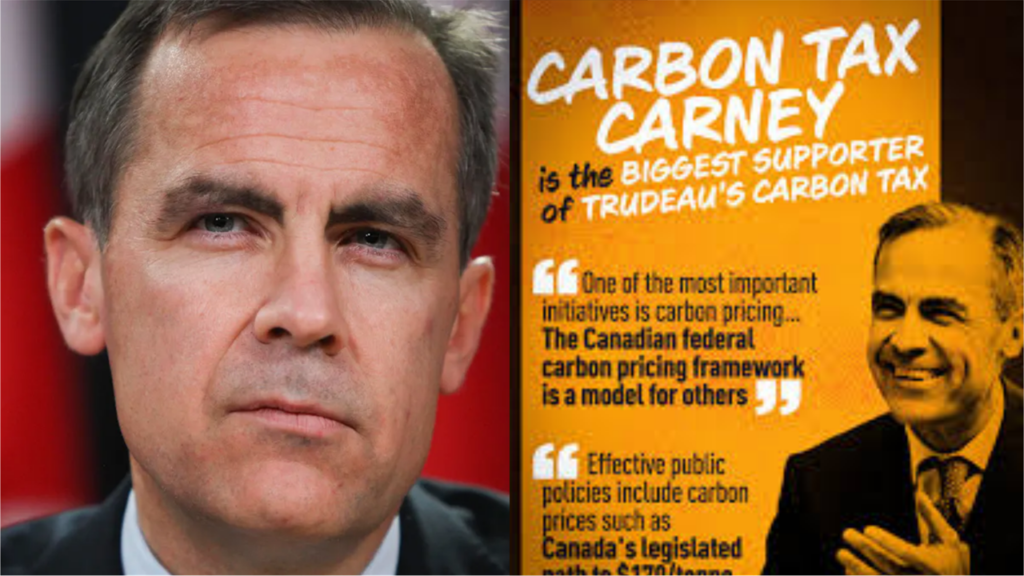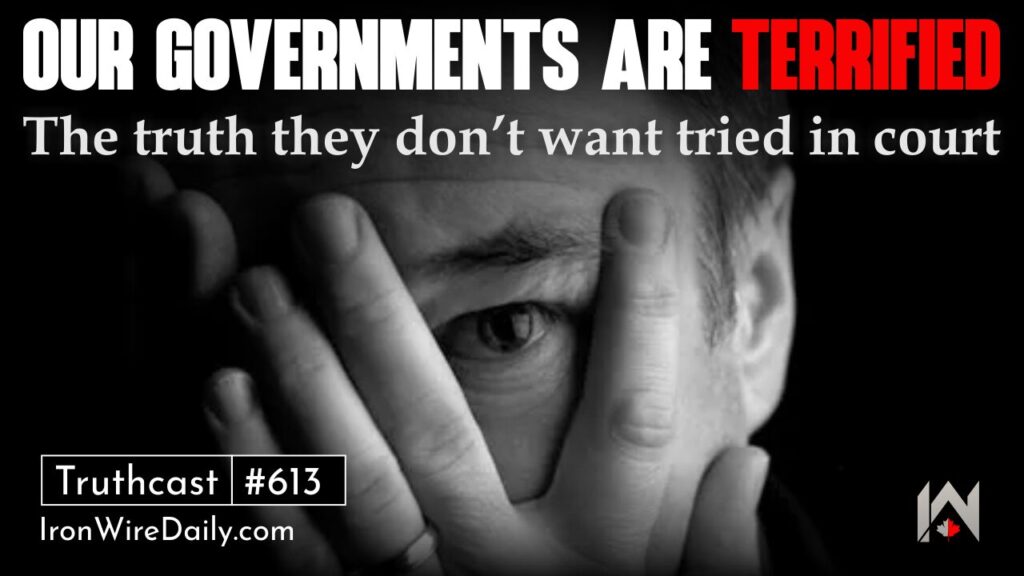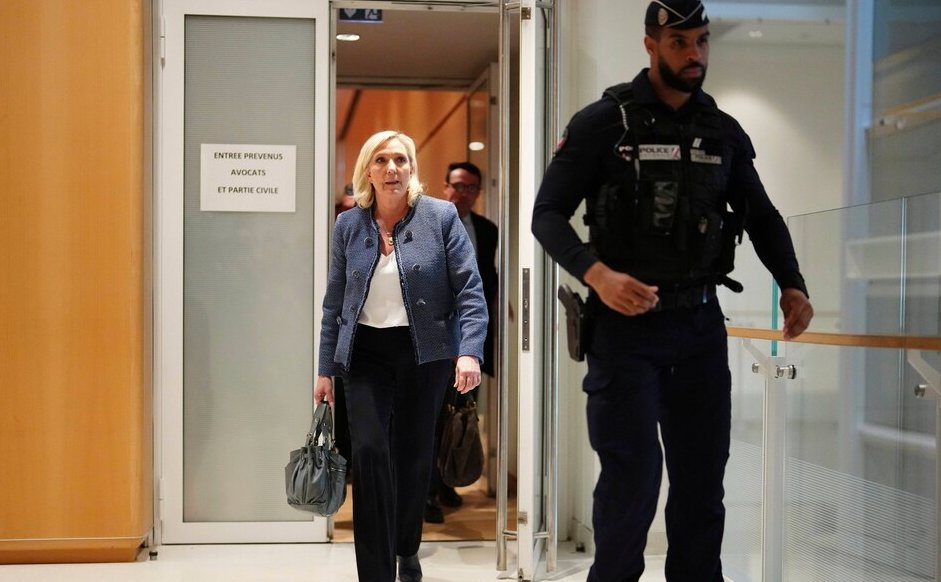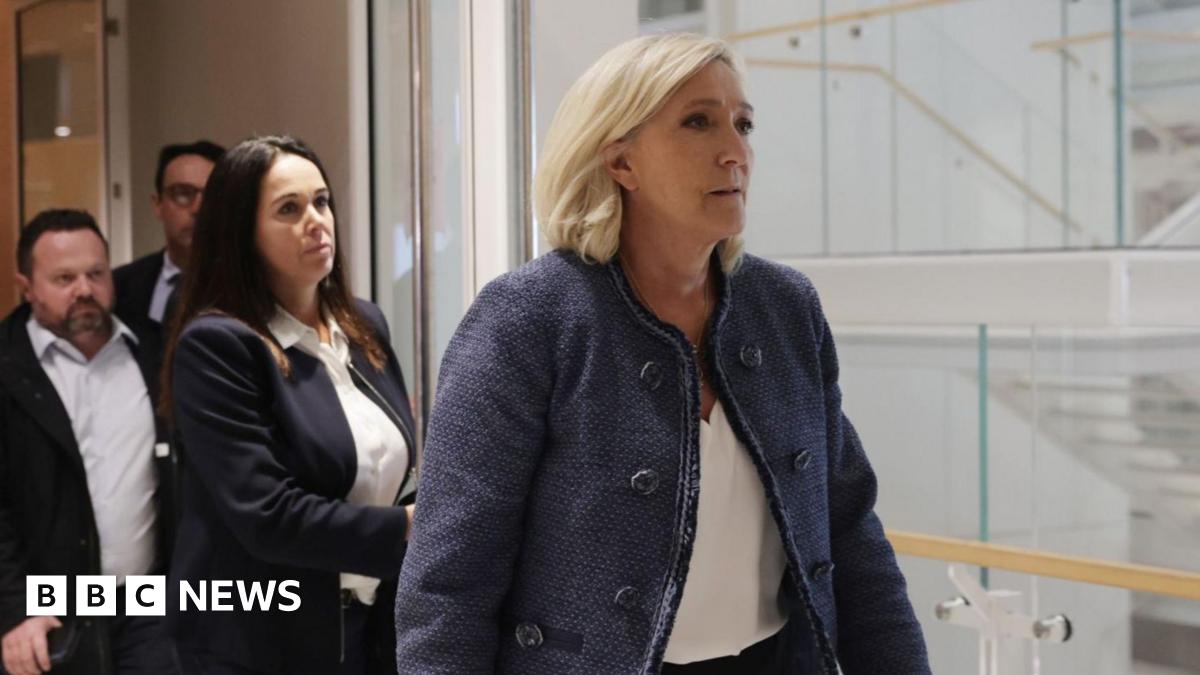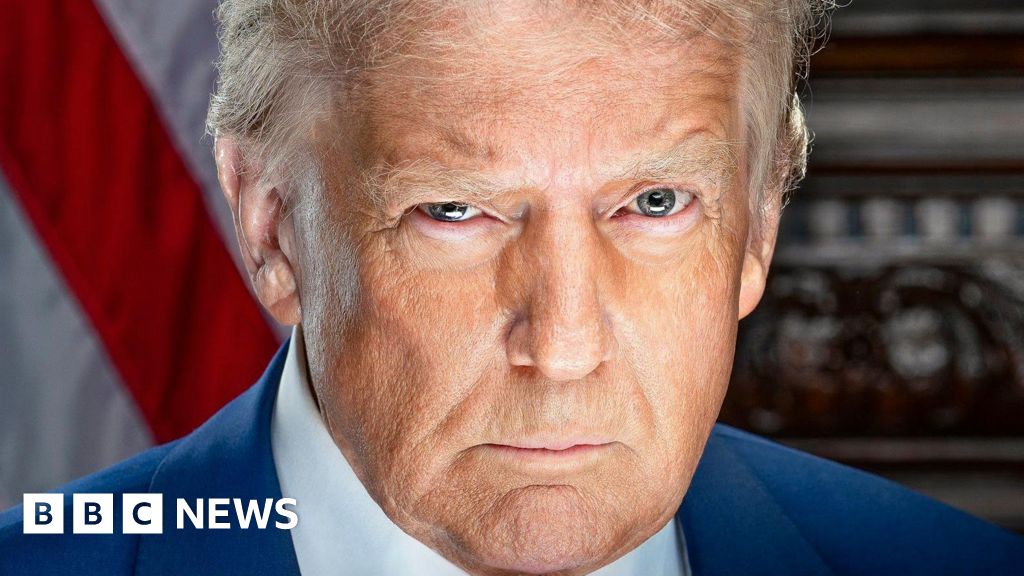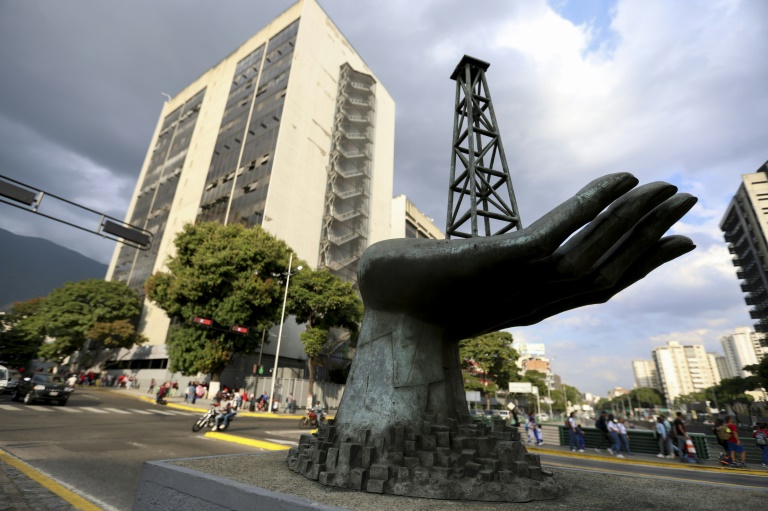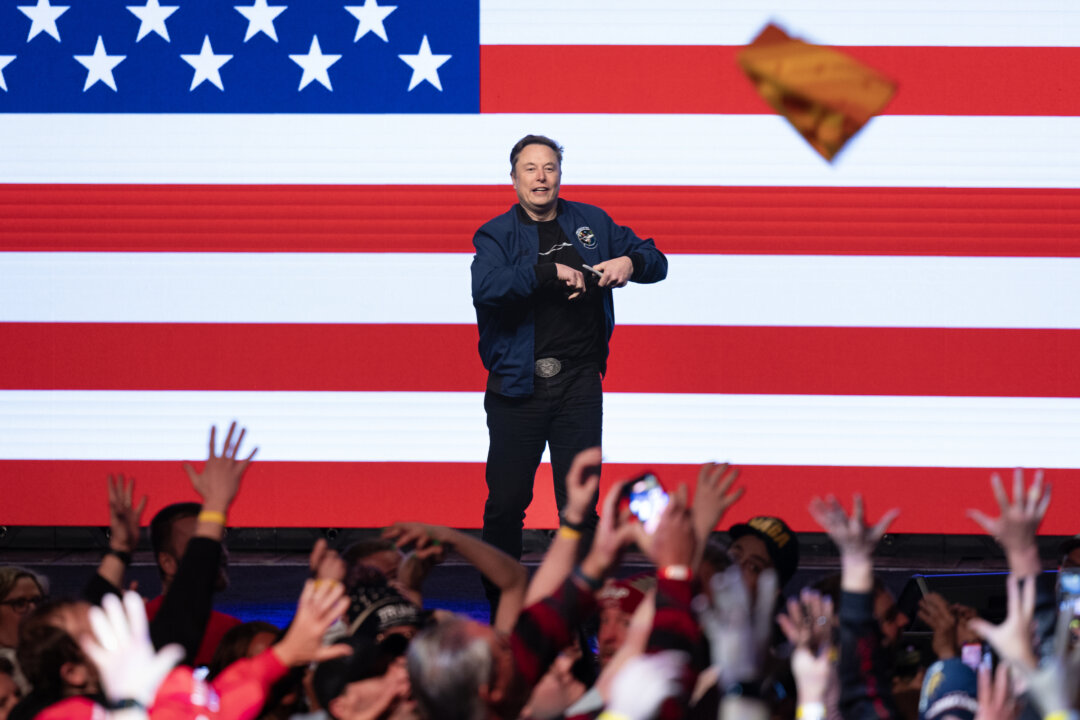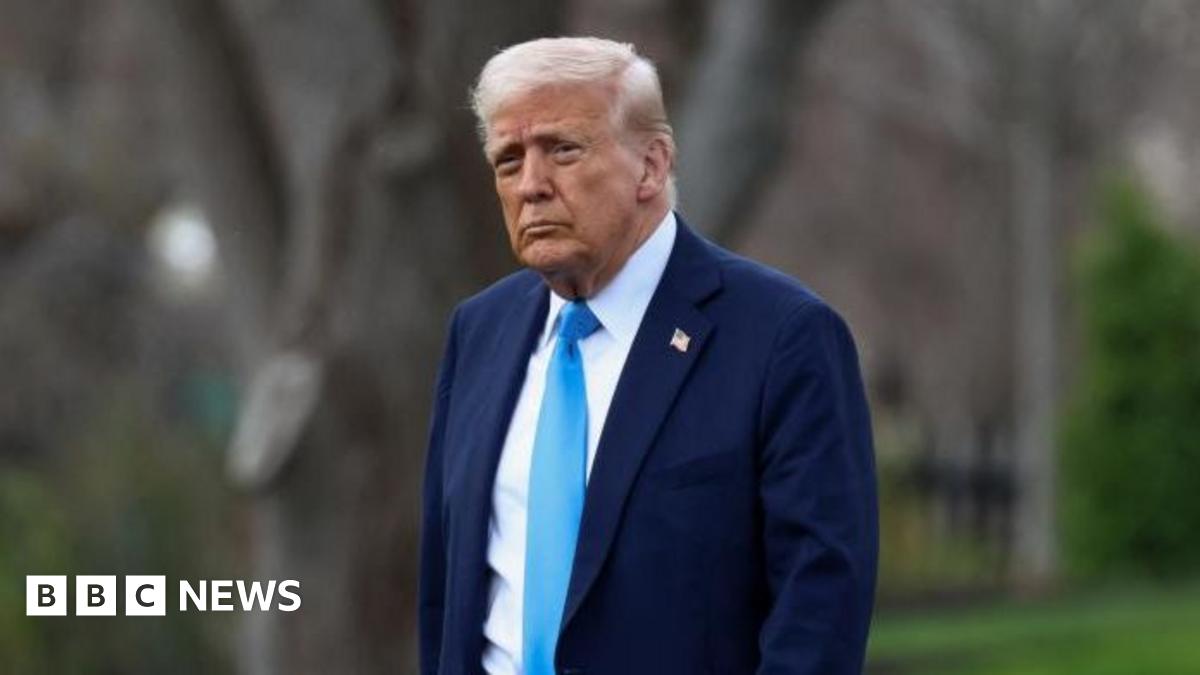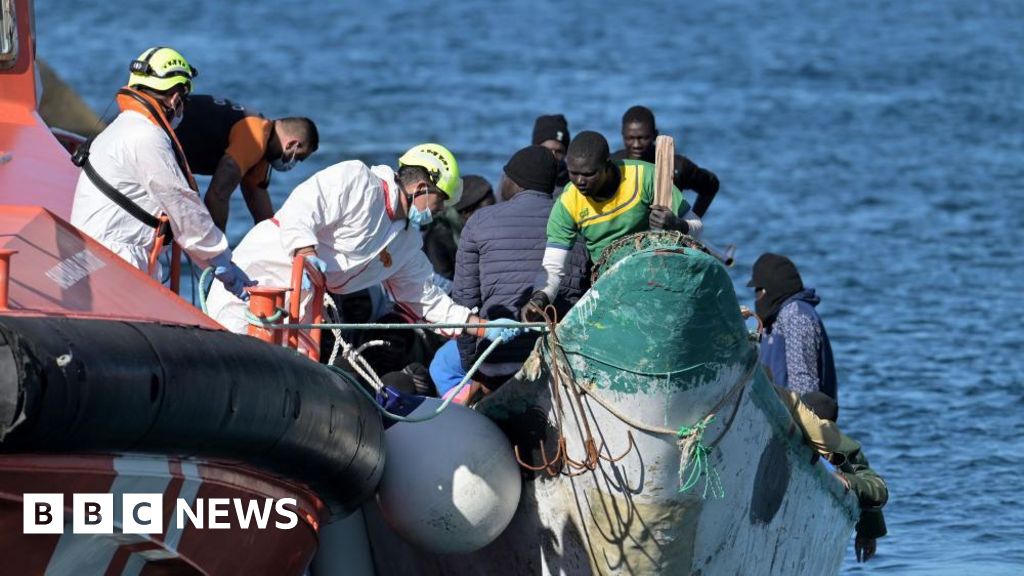(0:00 - 0:31)
Good evening, I'm Will Dove and these are the top stories for Friday, March 28th. U.S. President Donald Trump and Prime Minister Mark Carney have spoken by phone in what Trump described as an extremely productive conversation with plans to meet immediately after Canada's upcoming federal election on April 28th. It was an extremely productive call, we agree on many things, Trump said, adding that their discussion will end up being great for both the United States of America and Canada.
(0:32 - 0:53)
The call comes amid escalating trade tensions between the two countries. On March the 26th, Trump announced 25% tariffs on all vehicles and some car parts imported into the United States. The automobile tariffs are set to take effect on April 3rd, followed by tariffs on auto parts on May 3rd.
(0:53 - 1:20)
Prior to the call, Carney had indicated he would make clear that the two countries are best served by cooperation and mutual respect. He also stated that Canada was considering many options to retaliate against the latest tariffs aiming for maximum impact in the United States and minimum impacts here in Canada. Carney later clarified that Ottawa's response to U.S. tariffs would come after the reciprocal tariffs have been implemented on all countries.
(1:21 - 2:09)
It doesn't make sense when there's a series of U.S. initiatives that are going to come in relatively rapid succession to respond to each of them, he said. Carney also struck a more independent tone, saying Canada needed to prepare for a drastically different world, where it can no longer rely on the United States. The old relationship we had with the United States, based on deepening integration of our economies and tight security and military cooperations, is over.
As of this reporting, Carney has not yet commented on the call, and no readout has been issued by the Prime Minister's office. Transport Canada has rushed to defend its World Economic Forum linked digital ID plan following public backlash and privacy concerns. The department claims the plan is essential for enhancing border security and streamlining travel processes.
(2:10 - 2:50)
The digital ID initiative, part of the Known Traveller Digital Identity or KTDI program, aims to create a globally interoperable system for sharing traveller data. Transport Canada insists this system will make cross-border travel more efficient and secure. However, critics argue it's just a RiveCan app under a different name.
In response to the controversy, Transport Canada officials emphasized that participation in the KTDI program would be voluntary for travellers. They also stated that the system would give individuals more control over their personal information. Despite these assurances, we all know about government initiatives that start out as voluntary.
(2:51 - 3:17)
The department's defense came after internal emails revealed their scramble to address public criticism. These emails, obtained through an access to information request, showed officials preparing responses to media inquiries and developing strategies to counter negative perceptions of the program. Critics of the plan point to its connection with the World Economic Forum, an organization that has faced scrutiny for its influence on global policies.
(3:18 - 3:50)
The involvement of this international body in a national identification system has raised questions about sovereignty and data control. French President Emmanuel Macron has stated that a proposed European armed force to enforce a future Ukraine peace deal could respond to a Russian attack if Moscow launched one, significantly escalating Western involvement in the conflict. If there was again a generalized aggression against Ukrainian soil, these armies would be under attack and then it's our usual framework of engagement, Macron said.
(3:50 - 4:25)
Our soldiers, when they are engaged and deployed, are there to react and respond to the decisions of the commander-in-chief and if they are in a conflict situation, to respond to it. The statement came as Macron hosted leaders from nearly 30 countries plus NATO and European Union chiefs at a Paris summit, where they pushed back on US-backed peace plans by ruling out sanctions relief for Russia. France and the United Kingdom are leading efforts to create what they've dubbed a reassurance force for Ukraine, which would have the character of deterrence against any potential Russian aggression, according to Macron.
(4:25 - 5:03)
The Kremlin has consistently rejected any plan calling for NATO country forces to be present in Ukraine, viewing NATO expansion to Russia's borders as a key factor that led to the conflict beginning in February 2022. Macron also committed to a further 2 billion euros in French military support, including missiles, warplanes and air defense equipment. Meanwhile, NATO Secretary-General and globalist Mark Rutte has reversed his position on normalizing relations with Russia after the war, stating on March 26th that This will take decades because there is a total lack of confidence.
(5:04 - 5:28)
The threat is still there. This contradicts his statement from just 12 days earlier that it would be normal to step-by-step restore normal relations with Russia once fighting ends. What is not being discussed by European leaders is that the European Union economy is in a shambles and war has always been a way for governments to stimulate the economy and continue their mandate before voters figure out the country is broke.
